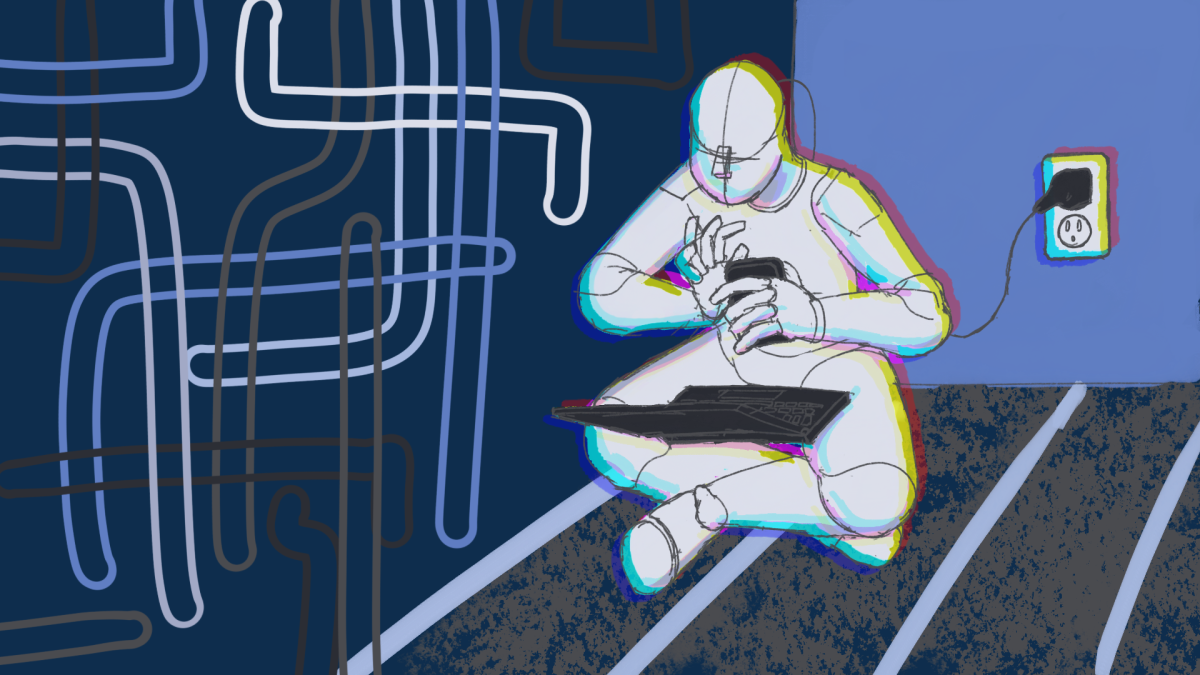The month of February was controversial for the LGBT community with gay rights occupying headlines around the globe. With the discrimination occurring throughout the Sochi Olympics and the Ugandan criminalization of being gay, it seems the whole world is confronting the issue. The United States is no exception to this, as Arizona narrowly missed passing a bill that would allow businesses to deny service to gays, and Virginia declared the ban on same-sex marriage unconstitutional. North Carolina will be up next as it prepares for its own impending court date challenging a similar ban.
The decision in Virginia proves promising for North Carolinians as Judge Arenda L. Wright Allen announced a stay of her decision pending a probable appeal to the U.S. Court of Appeals for the Fourth Circuit. The U.S. Court of Appeals for the Fourth Circuit is a federal court located in Richmond, Va., with appellate jurisdiction over the courts of several districts including eastern, middle and western districts of North Carolina. This means that if the court upholds the verdict, it could overturn our state’s ban. This could prove invaluable to a state in which there is no protection from discrimination in public accommodations, housing or employment.
There’s no doubt that there is a transition of changing attitudes throughout the U.S. According to the Pew Research Center, as support for gay marriage continues to increase, nearly three-quarters of Americans—72 percent—say legal recognition of same-sex marriage is “inevitable.” This includes 85 percent of gay-marriage supporters, as well as 59 percent of its opponents. And the sooner, the better! The debate about whether same-sex couples should be allowed to have their relationship legally recognized is getting tiresome.
The inevitability of same-sex marriage comes down to the notion that as more gays and lesbians have openly declared their sexuality, the more amicable the social environment has become. Subsequently, as the social environment becomes friendlier, more gays and lesbians have felt free to come out of the closet. This social dynamic is effectively reinforcing and unlikely to be reversed.
It’s only a matter of time until all 50 states legally accept same-sex marriage as pressure will be put on states to follow the movement. As each new state adopts gay marriage, it becomes more ludicrous for national politicians to say we should have a constitutional amendment banning same-sex marriage. There will not be enough states to ratify it even if it could get past Congress.
Ultimately, people won’t distinguish between the marriage of two heterosexuals and two homosexuals, and discrimination against same-sex couples won’t be a norm in societies to come. Similar to how our parents and grandparents lived in the movement against racial discrimination, our generation is part of the history moving away from sexual orientation discrimination. It is merely a part of social progress, and there is no doubt that marriage equality is a historical inevitability. The divide is a matter not of life stages but of generations: people generally don’t become more conservative on this issue as they get older. The era they grow up in shapes them permanently.
We are reaching a stage in which there is really no argument about same-sex marriage; it’s becoming less a question of why but a question of when. It seems the nation cannot function unless there is a minority that can be discriminated against. It’s only a matter of time until we move on to the next group. But what happens when we exhaust each possible minority group? Do we go through the cycle again?





